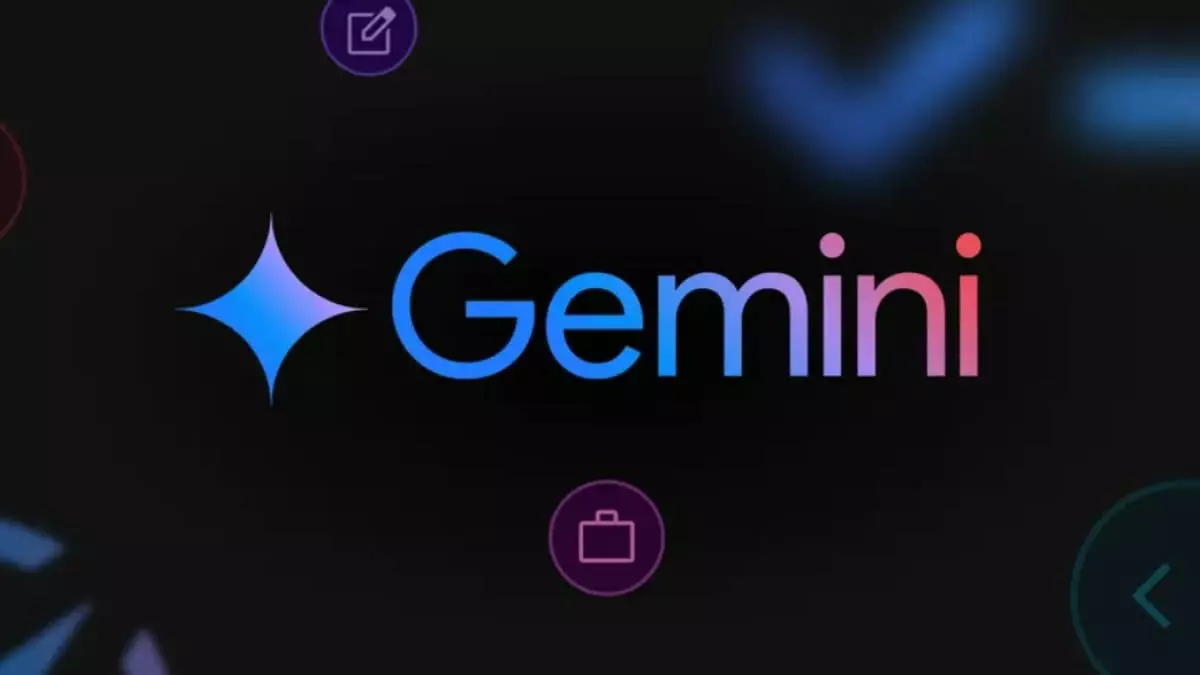Google is no stranger to evolving its products to enhance user experience, and the latest updates to its AI chatbot, Gemini, are a testament to that commitment. Although the changes may seem subtle, they play a significant role in refining the overall usability of the application. Both the web interface and the Android app have undergone modifications aimed at streamlining interaction and improving content relevance—which is particularly crucial in the ever-competitive AI landscape.
The web version of Gemini has seen a noticeable redesign of its text input field, where icons have been repositioned for better accessibility. Previously, users would find either the Upload Images option for free users or the Plus icon for advanced subscribers on the right side of the text field. With the latest design shift, this icon has been relocated to the left, creating a cleaner appearance that reduces clutter. Additionally, the phrase “Ask Gemini” has now been integrated next to the main function icons, enhancing alignment and coherence throughout the interface. Such minor changes may appear trivial; however, they result in a more organized aesthetic while minimizing the risk of accidental clicks—an everyday frustration for users.
Transitioning to the Android App, several features have been introduced that significantly elevate user engagement. The most notable is the display of AI model information at the top of the interface. Users can now easily identify which version of the AI they are interacting with; for instance, “Gemini Advanced” followed by “1.5 Pro” will be shown for standard interactions. This transparency builds trust with users, as they can be assured of the capabilities of the AI they are utilizing. Furthermore, on Pixel devices, the naming convention shifts slightly to reflect the device’s specific integration, showcasing “Gemini 1.5 Flash.”
Adding to this, a new ‘Saved Info’ menu has been incorporated into the account section, enabling the AI to store personalized information. This function, introduced last month, allows the AI to remember user-specific data, making interactions more relevant over time. While accessing this menu might still redirect users to an external browser, the very inclusion suggests a shift toward a more user-centric model. This focus on personalization is a crucial feature in an era where user experience can dictate the success of AI applications.
While the updates to Google Gemini may seem minor at first glance, they symbolize a strategic approach to refining user experience in AI-driven platforms. The blend of aesthetic refinement and functional enhancements demonstrates Google’s awareness of its users’ needs, paving the way for a chatbot that is not only effective but also increasingly intuitive. As the company continues to iterate and adjust its AI offerings, the importance of user feedback and interaction remains paramount, laying the groundwork for future innovations that could revolutionize how we communicate with AI. The promise of a more responsive and personalized user experience in Gemini is a considerable leap forward, underlining the potential of AI to adapt and grow alongside its users.

